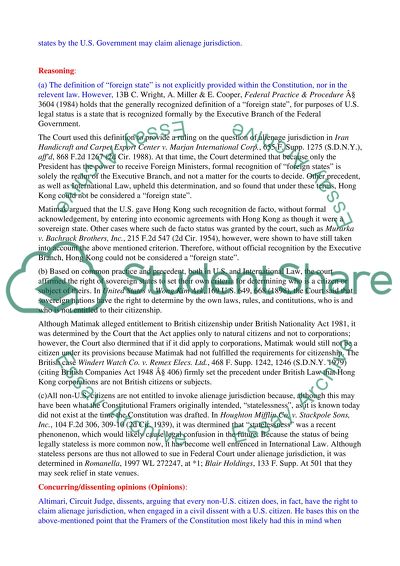Cite this document
(The Court Procedures of Matimak Trading Co and D.A.Y. Kids Sportswear Case Study, n.d.)
The Court Procedures of Matimak Trading Co and D.A.Y. Kids Sportswear Case Study. Retrieved from https://studentshare.org/law/1509886-business-law-essay
The Court Procedures of Matimak Trading Co and D.A.Y. Kids Sportswear Case Study. Retrieved from https://studentshare.org/law/1509886-business-law-essay
(The Court Procedures of Matimak Trading Co and D.A.Y. Kids Sportswear Case Study)
The Court Procedures of Matimak Trading Co and D.A.Y. Kids Sportswear Case Study. https://studentshare.org/law/1509886-business-law-essay.
The Court Procedures of Matimak Trading Co and D.A.Y. Kids Sportswear Case Study. https://studentshare.org/law/1509886-business-law-essay.
“The Court Procedures of Matimak Trading Co and D.A.Y. Kids Sportswear Case Study”, n.d. https://studentshare.org/law/1509886-business-law-essay.


